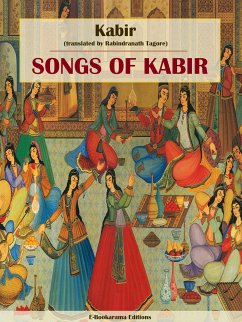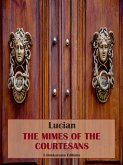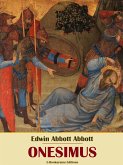A weaver by trade and a mystic by nature, the 15-century poet Kabir created timeless works of enlightenment that combine the philosophies of Sufism, Hinduism, and the Kabbala. Expressed in imagery drawn from common life and the universal experience, Kabir's poems possess an appealing simplicity. This collection of 100 songs reflects nearly every aspect of the mystic's thought and emotions: ecstasy and despair, tranquil beatitude and fervid illumination, and moments of intimate love. A fluid, luminous setting of a beloved prayer by Kabir, offering praise to a holy presence both universal and intimate, both of and beyond this world.
The Indian poet Kabir (1440-1518) grew up amidst Hinduism and Islam, and was deeply influenced by both. He had little use for the rites and trappings of any religion, and openly despised the pious quoting of scriptures from any religion. His poetry invoked the divine using both Hindu and Muslim names – “Allah” and “Brahma” – but in all cases Kabir engaged with the divine in a way that was deep and immediate. Today Kabir is revered by Hindus, Muslims and Sikhs alike, and his songs are loved by people of all faiths.
Dieser Download kann aus rechtlichen Gründen nur mit Rechnungsadresse in A, B, BG, CY, CZ, D, DK, EW, E, FIN, F, GR, HR, H, IRL, I, LT, L, LR, M, NL, PL, P, R, S, SLO, SK ausgeliefert werden.









